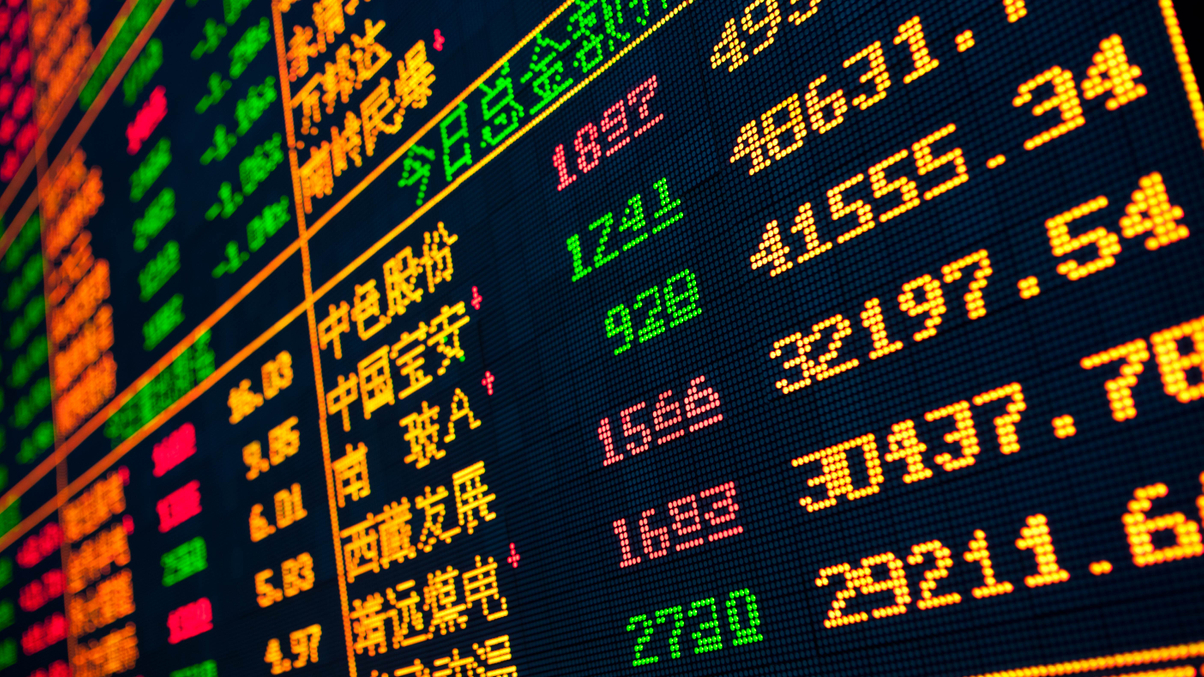Equities still attractive despite QT, say Thai investors
As long as investors are nimble and selective, equity markets still offer plenty of late-cycle investment opportunities, say Thai asset owners and wealth managers.

After years of high liquidity and loose monetary policy, investors are now having to face rising interest rates and increased volatility as Western central banks glacially shift towards quantitative tightening.
Sign in to read on!
Registered users get 2 free articles in 30 days.
Subscribers have full unlimited access to AsianInvestor
Not signed up? New users get 2 free articles per month, plus a 7-day unlimited free trial.
¬ Haymarket Media Limited. All rights reserved.


